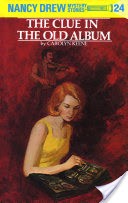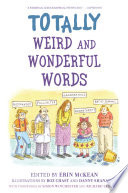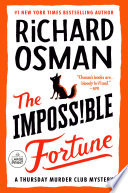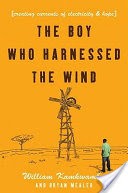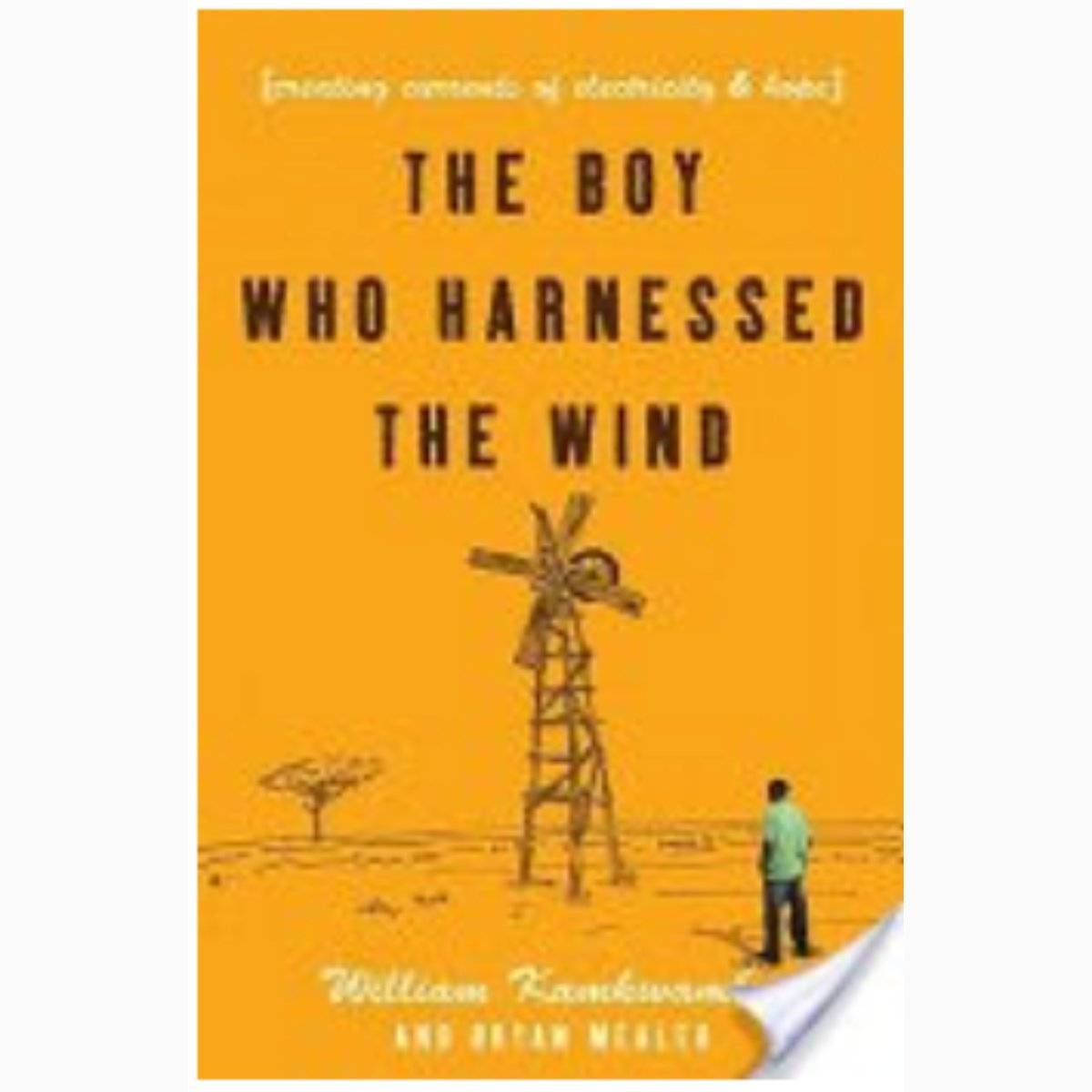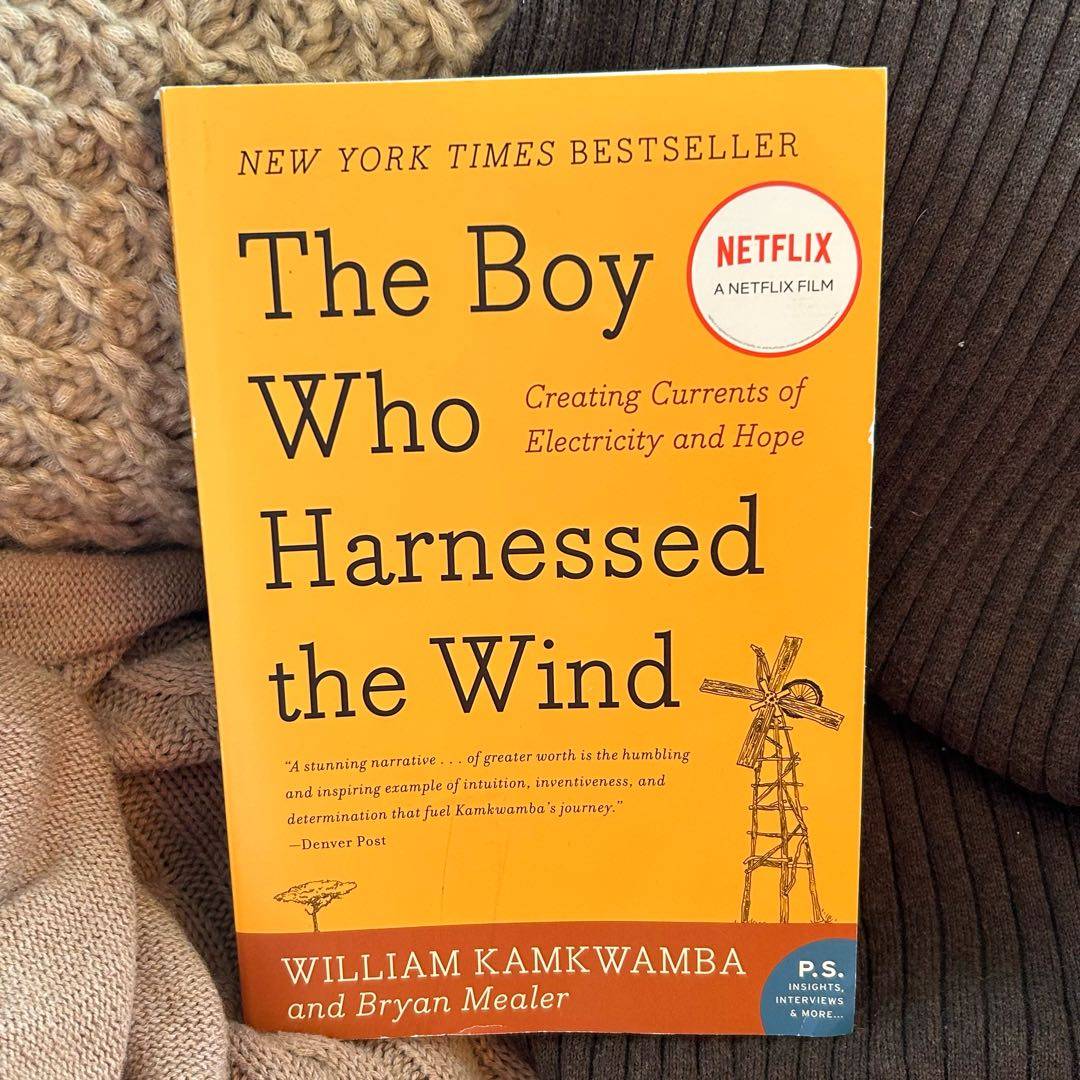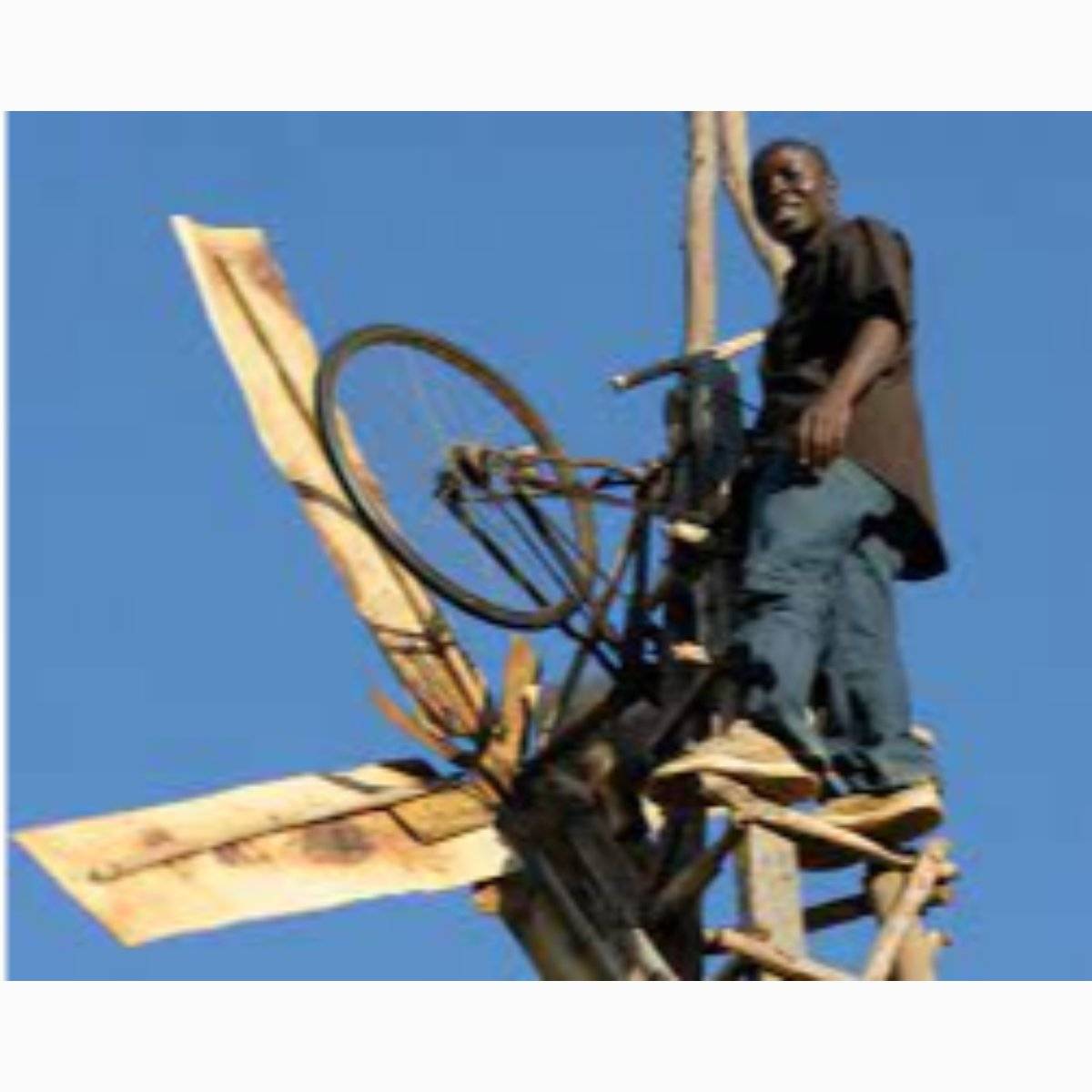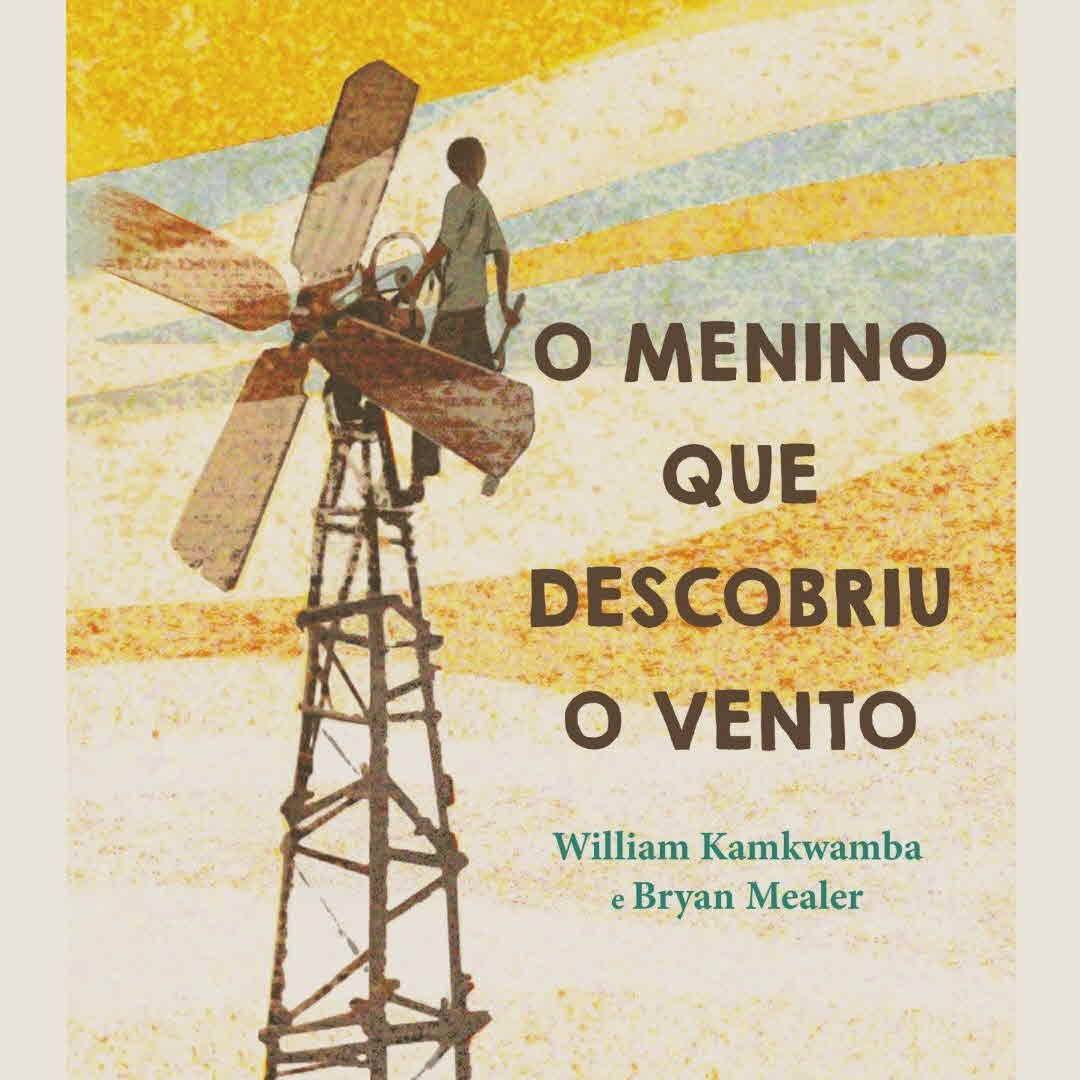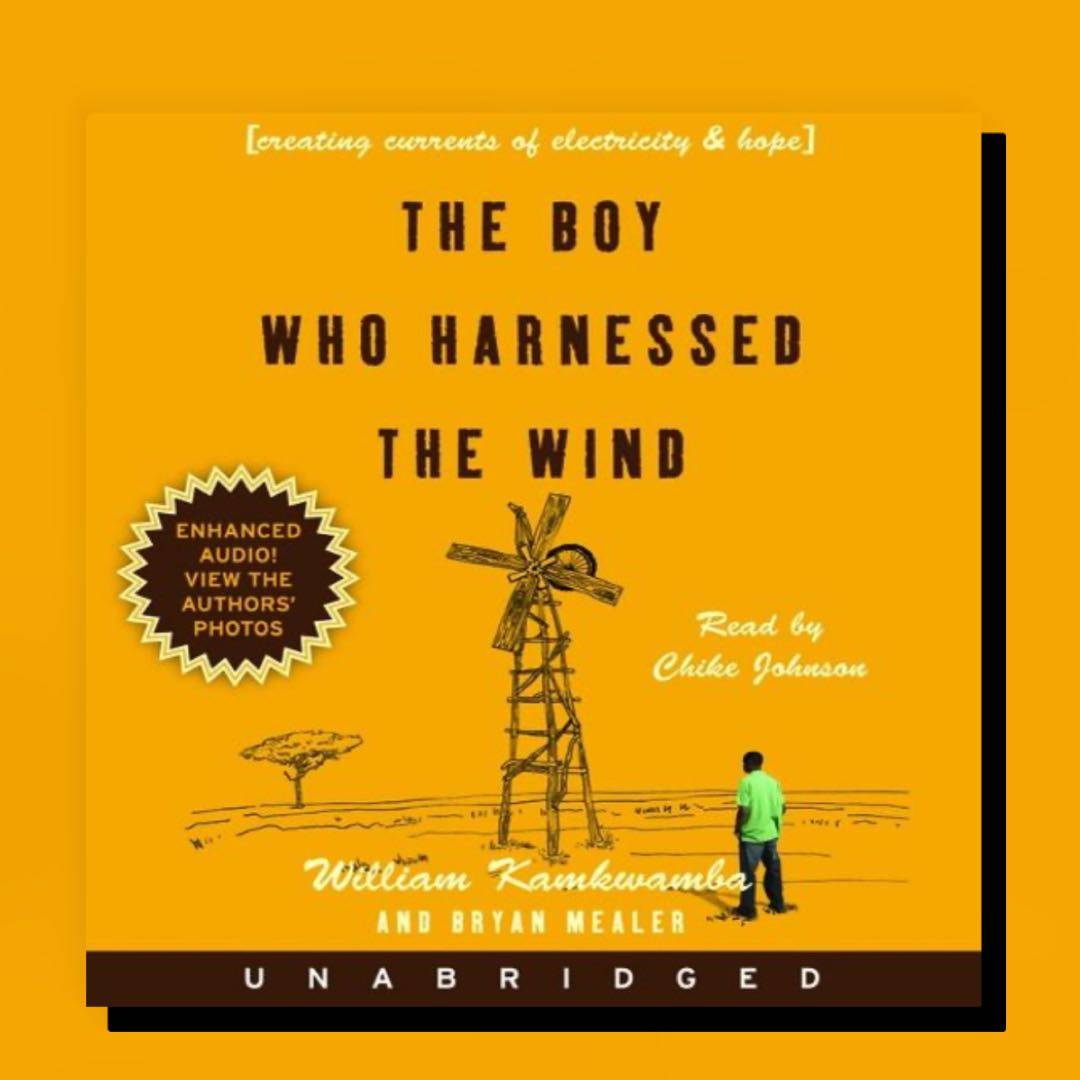
This is such an inspiring story of a boy in Malawi whose family can‘t afford to send him to school. He discovers the library and through research and trial and error, he builds a windmill in town to create electricity, starting with just one bulb so he could study at night. I‘ve had this book on my TBR for so many years! I‘m glad I finally read it ❤️








